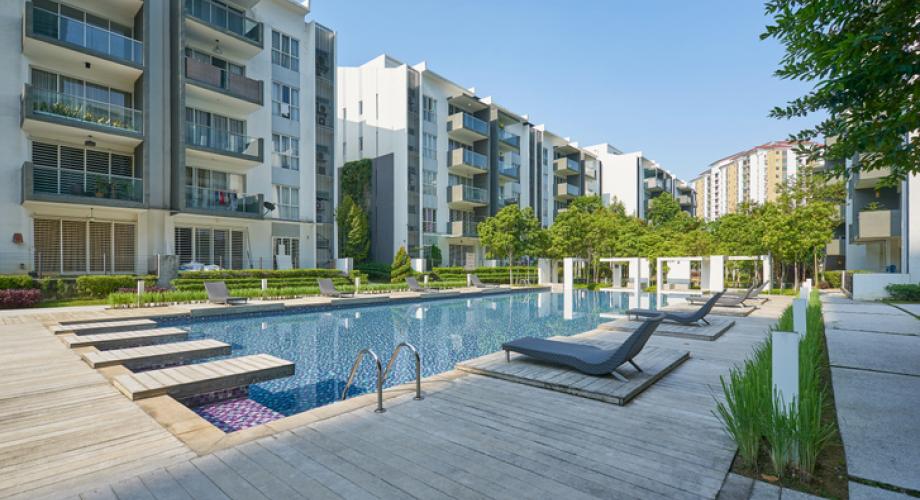With spiking chlorine prices, maintenance teams must focus on pool water management.
Add chlorine to the list of apartment maintenance products that has seen its price soar in the past year.
Just in time for summer, prices for pool chemicals (specifically chlorine tablets) are approximately 50% higher than they were one to two years ago.
“If the cost of chlorine has not gone up again yet, it should soon,” experienced apartment maintenance professional and trainer, Mark Cukro, President, Plus One, says.
A major fire at the BioLab chemical plant in Louisiana about a year ago has created a chlorine tablet shortage, he says.
“However, the new factory is supposed to be bigger, have a higher capacity and is scheduled to open this spring or summer,” Cukro says.
BioLab President Jon Viner said in published reports, “We are actively working to rebuild our plant – a $170 million investment slated to be completed in spring 2022 – and it will operate at 30 percent greater production capacity.”
Proper Dosing Goes a Long Way
Cukro recommends that pool operators increase their focus on chlorine consumption and dosing the pool correctly.
“In other words, don’t overtreat the water,” he says. “Make sure the chemicals are in the ideal ranges, the circulation is working properly and filtration is functioning at its optimal levels. An effective way to stay on top of the readings is to test the water more frequently – three times a day – using a high-quality test kit. A little extra attention can go a long way with reducing chemical consumptions.”
One such example Cukro says is the Taylor Test kit - Taylor K2005 Swimming Pool Chlorine Bromine Alkalinity Hardness pH DP Test Kit, priced from $55 to $80.
He says that if apartment communities can “keep chlorine and Ph levels stable, hold contaminants as low as possible and make sure that mechanical systems are functioning properly, it should make a noticeable difference. And be sure to maintain the correct levels of stabilizer, too.”
Always take into consideration the difference between liquid chlorine, granular chlorine and chlorine tablets. For example, one gallon of sodium hypochlorite/ liquid bleach is approximately equivalent to one 16-ounce tablet or two 8-ounce tablets.
“Taking care of a swimming pool and maintaining it is a balancing act,” Cukro says. “When all areas are taken care of properly, you can significantly reduce the amount of chemical consumption.
“When everything is in the correct ranges and all of the equipment is operating correctly, it's much easier to predict what you will need so you can purchase and store chemicals accordingly and prevent unnecessary usage of chlorine, repairs and expenditures.”
Alternative Water Treatments
There are alternatives to chlorine tablets such as liquid chlorine, salt chlorine generators and there is also new technology in the pool industry that may assist in reducing the consumption of chlorine, Cukro says.
One new technology is the Clear Comfort AOP system, which uses Hydroxyl-based advanced oxidation (AOP) created naturally by the earth’s atmosphere that can make water cleaner, more breathable and non-toxic.
“However, one of the challenges with using alternative methods of sanitation is whether the health department will allow it in public or semi-public swimming pools,” Cukro says.
Most pool operators should be able to find chlorine tablets and chemicals to treat their pool but don’t expect the shelves to be as full as usual.
Be Aware of ‘Rusty’ Equipment
Paul Rhodes, CAMT, Director of Maintenance Operations, The Life Properties, Atlanta, says pool maintenance is a topic “kind of” floating under the radar right now – even as many communities are taking their pools “public” for the first time in a while, given the pandemic.
“After a couple of years of diminished pool use, the expectation this season is that they’ll be back up and running at full speed,” he says.
“Not only is the equipment a little rusty, those who are now responsible for the maintenance could be a bit undertrained in the process.”
Paul Bergeron is a frequent contributor to NAA's publications, including units Magazine.
